thomas ashe
"They have branded me a criminal.
Even though if I die, I die in a good cause"
- Thomas Ashe
Born in Lispole, County Kerry in 1885, Thomas Ashe moved to Lusk, North County Dublin in 1909. There, he took up a position as Headmaster in Corduff National School and quickly became a leading figure in the nationalist movement in the Fingal area.
In 1910, he began teaching himself how to play the bagpipes and soon after, set up the Black Raven Pipe Band with John Rooney. A keen hurler, Ashe played in goals for Lusk Hurling Club and was a member of the Dublin Junior Championship winning team in 1915, alongside many men who he would lead into battle during the Easter Rising a year later.
A founding member of the Irish Volunteers, as well as being a member of both the Gaelic League and the Irish Republican Brotherhood, Ashe was a well known figure in the Republican movement. In 1914, he was part of an Irish delegation that toured America collecting considerable sums of money for the fledgling Volunteers.
A few weeks before the breakout of the 1916 Rising, Ashe was appointed Commandant of the 5th 'Fingal' Battalion, taking over from Dr. Richard Hayes. During Easter Week, he led the battalion in North County Dublin, where they attacked R.I.C. barracks' in Swords, Donabate and Garristown, before moving on to Ashbourne, where they faced a large motorised force of Royal Irish Constabulary.
The Battle of Ashbourne, which raged for much of Friday, April 28th, 1916, proved to be the sole rebel victory during the 1916 Rising. It is widely recognised that the tactics used by the Irish Volunteers during the Battle of Ashbourne were a pre-cursor to the guerrilla style tactics used during the Irish War of Independence from 1919 until 1921, and Thomas Ashe, along with Lieutenant Richard Mulcahy, were responsible for implementing these plans during the Rising.
Despite their victory, the Fingal Volunteers surrendered to the British Army on Sunday, April 30th, when it became clear that the Volunteer forces in Dublin had done the same. At a court martial on the 8th of May, 1916, Thomas Ashe was sentenced to death for his role in the insurrection. The sentence would be commuted to life imprisonment, with Ashe serving time in Lewes Prison in England, before being released in June 1917, as part of a general amnesty called by British Prime Minister Lloyd George.
Shortly after his release, Ashe would began a series of speaking engagements, leading to his re-arrest in August of 1917. He was convicted on the charge of making a seditious speech and was sentenced to 2 years hard labour in Mountjoy Prison in Dublin. On September 20th, Ashe and a number of other republican prisoners went on hunger strike after the British authorities refused to grant them 'prisoner of war' status. Five days later, on September 25th, Thomas Ashe died at the Mater Hospital having been force fed by prison authorities. His funeral would be the first time that the re-organised Irish Volunteers would come out in such force since the Rising itself. At it, Michael Collins would make the short and powerful oration at his graveside when he stated;
''Nothing additional remains to be said. That volley which you have just heard is the only speech which it is proper to make above the grave of a dead Fenian.''


